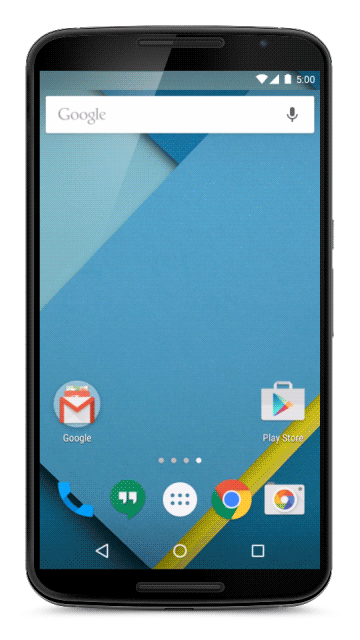
59% of U.S. adults say they use the Internet to research and gather health information with approximately 35% of those adults end up using the information they find to diagnose themselves, according to the Pew Research Center. To improve the quality of health-related search content, Google is introducing structured, curated, and verified health information information into its Knowledge Graph smart search algorithm. To ensure consumers receive accurate information, Google has partnered with the Mayo Clinic verify in-depth information for more than 400 health and medical conditions. Now, when users Google search about common health conditions, they will get relevant, accurate health information up front.
“So starting in the next few days, when you ask Google about common health conditions, you’ll start getting relevant medical facts right up front from the Knowledge Graph. We’ll show you typical symptoms and treatments, as well as details on how common the condition is—whether it’s critical, if it’s contagious, what ages it affects, and more. For some conditions you’ll also see high-quality illustrations from licensed medical illustrators. Once you get this basic info from Google, you should find it easier to do more research on other sites around the web, or know what questions to ask your doctor,” said Google Product Manager Prem Ramaswami in a blog post on Tuesday.
Below is an example of what you might see on your phone when you perform a Google search for “tonsillitis”

1 in 20 Google searches are for health-related information, according to Google. In a blog post, Mayo Clinic noted the health information is not intended to be medical advice and it is presented for information purposes only.
“Good information is good medicine. We took a special interest in Google’s technology for providing quick, reliable, useful information, says Phil Hagen, M.D., Medical Director for Healthy Living, Mayo Clinic Global Business Solutions. “As an editor and physician, I know how difficult it is to present concise, useful information,” says Dr. Hagen. “I think these should be viewed as the first stop for those needing health information, and as people need more information, they can quickly connect to a medical website like MayoClinic.org.”
Probably the most interesting aspect about this announcement is how the Mayo Clinic will now become the “gatekeeper” to health-related search content.
